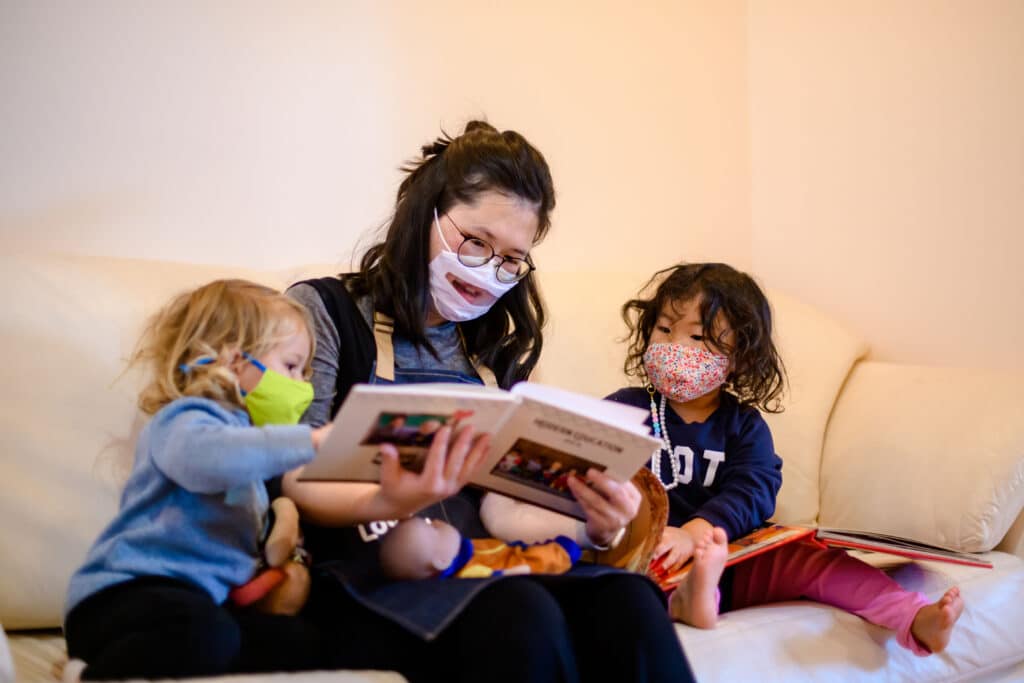This research brief presents findings from a targeted literature review on home-based child care (HBCC) networks that support HBCC providers, including regulated family child care (FCC) providers, and/or family, friend, and neighbor (FFN) providers who are legally-exempt from regulation. The review was conducted by the Erikson Institute to inform the development of the benchmarks and indicators for HBCC networks that are described in the companion brief, Strengthening HBCC Networks: An Evidence-Based Framework for High Quality.
Research Brief: Identifying Practices and Features of High-Quality HBCC Networks

Families and child care providers are being squeezed as pandemic-era supports expire and federal funding stalls. Across the country, home-based providers are struggling to stay open amid lower reimbursements and rising costs. Without stronger federal investment in the Child Care and Development Block Grant (CCDBG), tens of thousands of children could lose access to care.
Home-based child care providers share feedback and insight on their experiences with legislative visits during the 2025 August recess.


